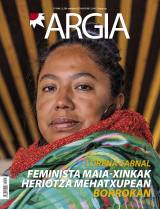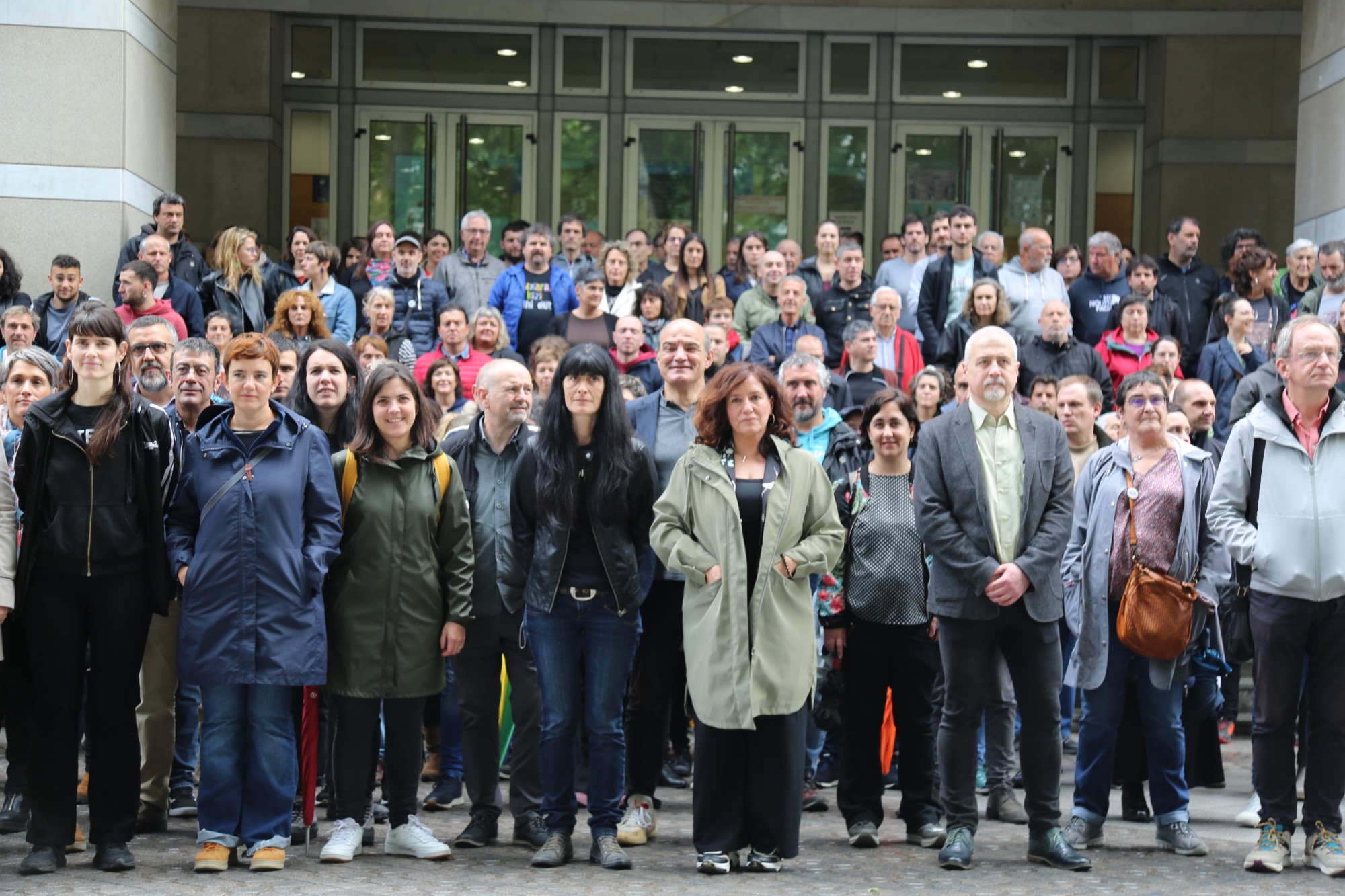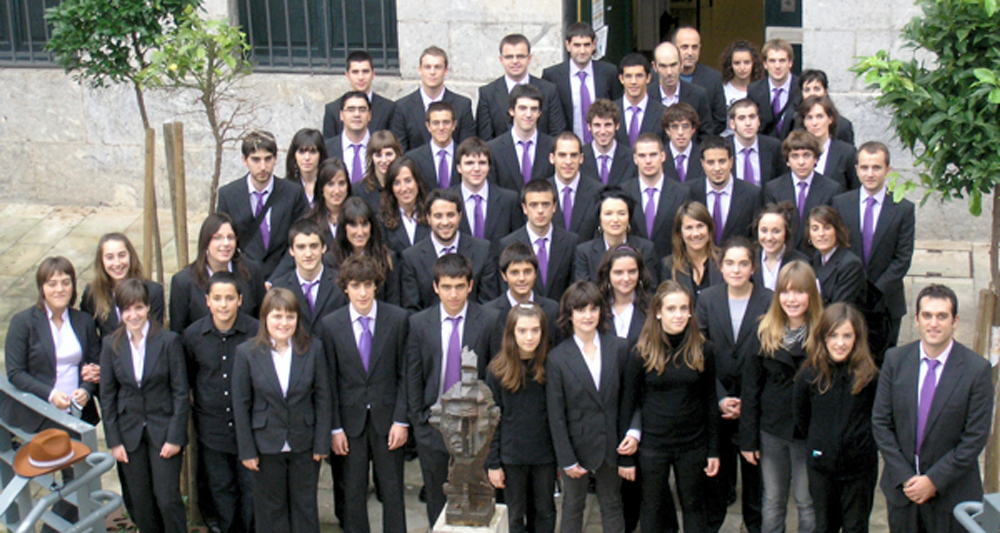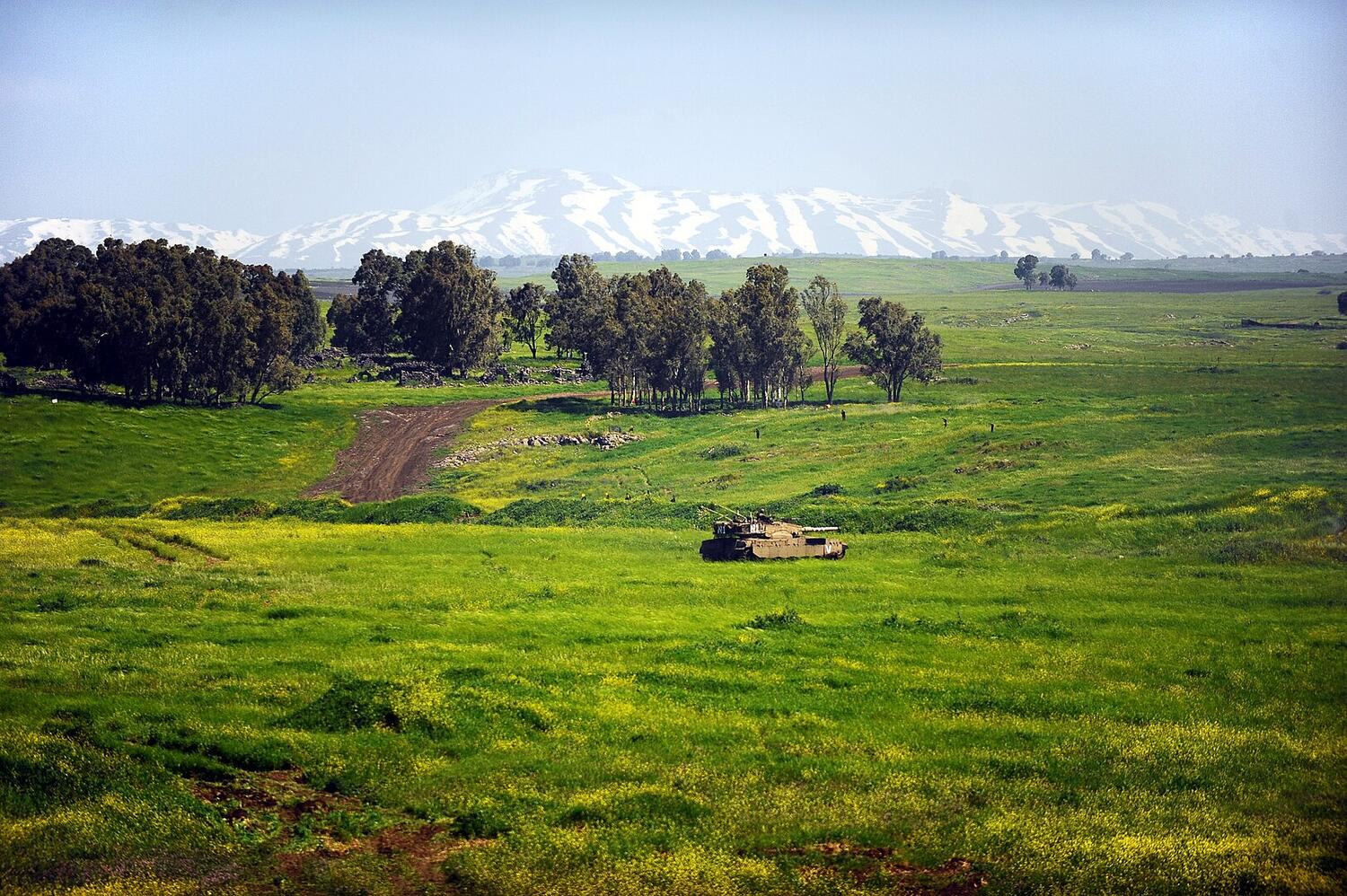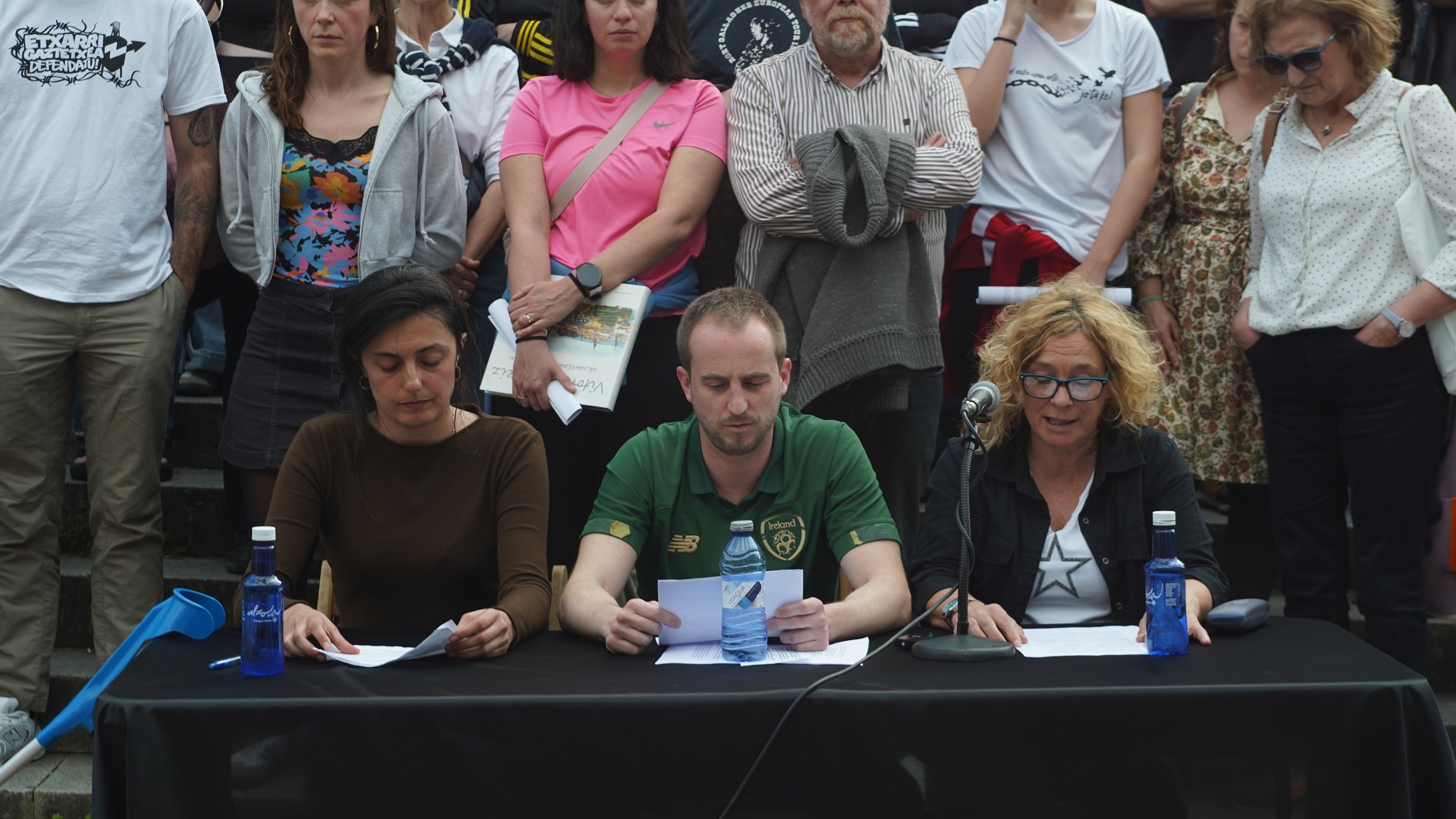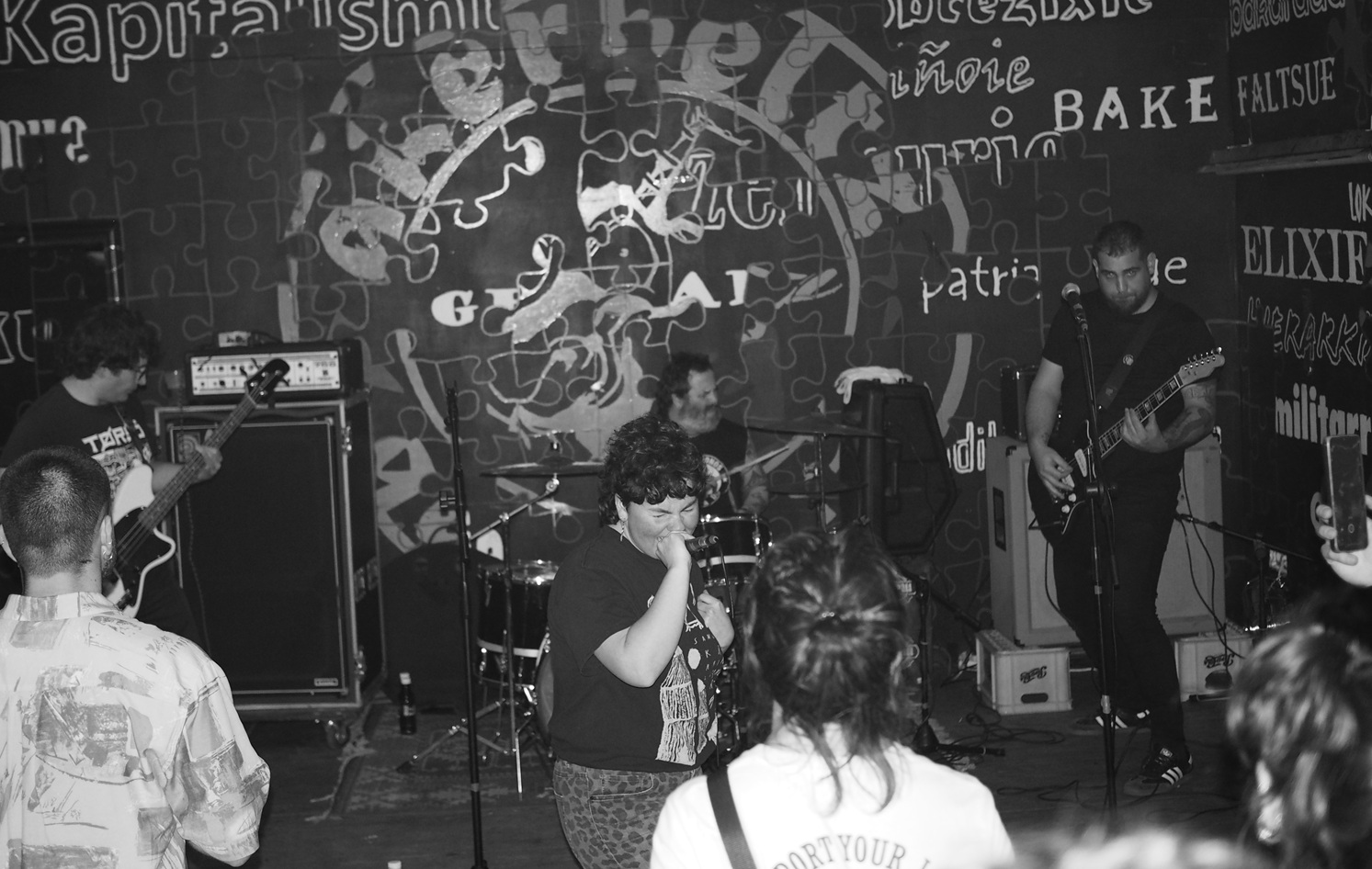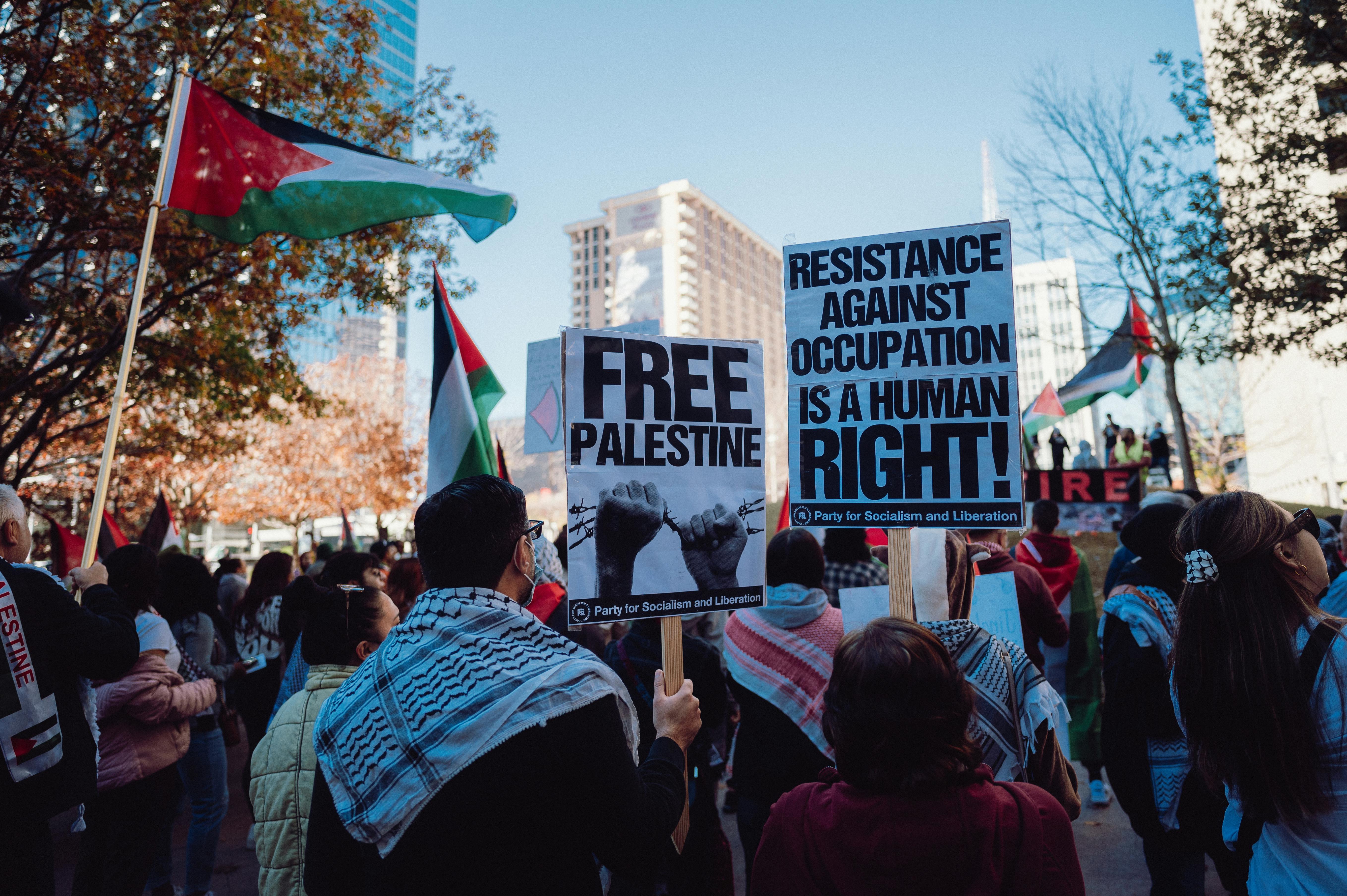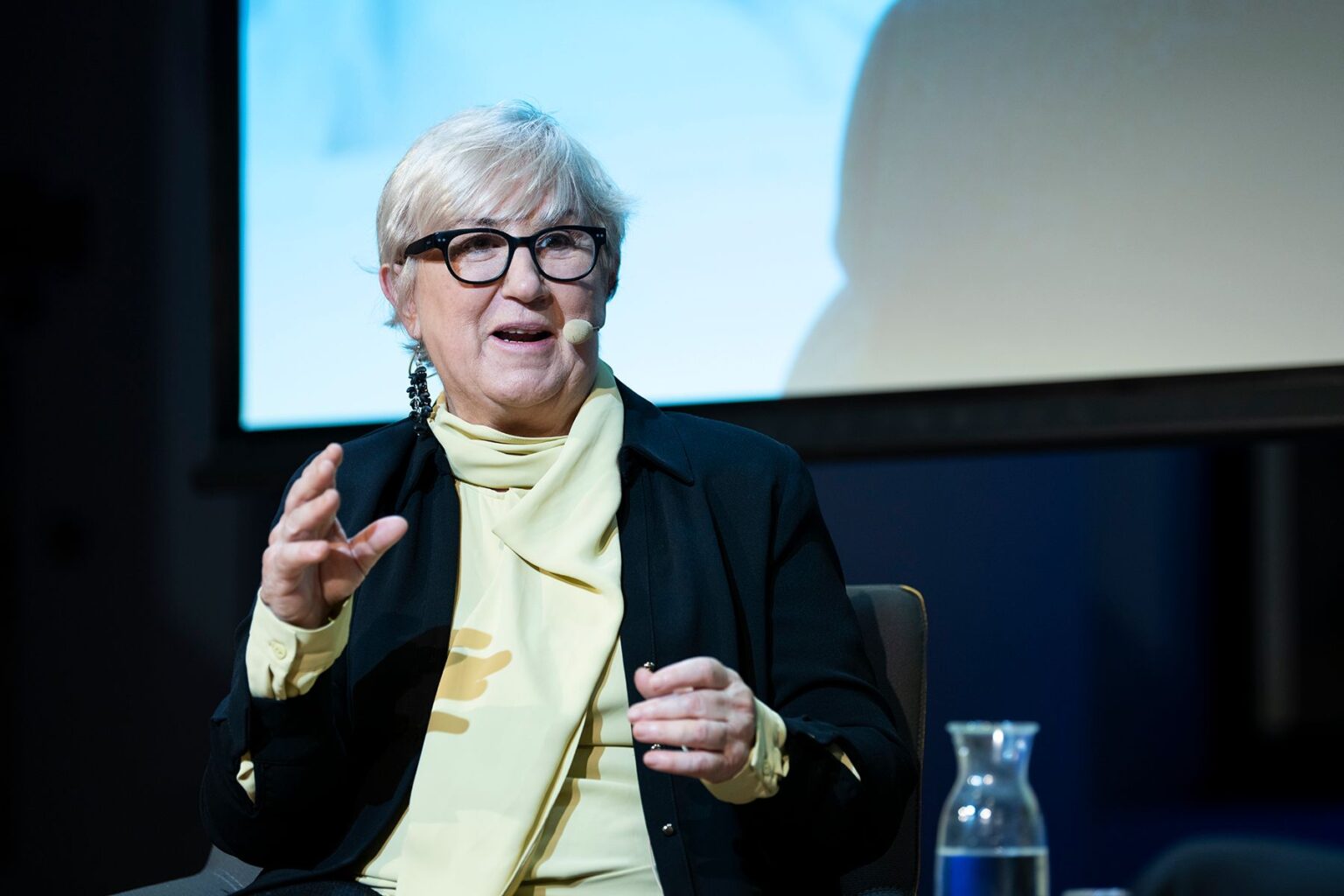Basque Country wakes up
- Our people will wake up/David Jaime and the Basque Republic (Txalaparta) is a striking and exciting book by Jose Mari Esparza Zabalegi. David Jaime was a Tafallés, politician. Here are some details written about him by another Tafallés writer today.
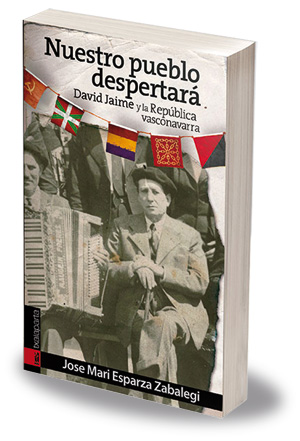
In order to write the War of 1936, it is essential to know the history of the Basque Country well. Thus, to be able to make a “memory” and a “reparation” worthy of the victims, to do justice.
To do this, it is unusual to investigate well the morals, ethics, or ideology of individuals. In the book of Jose Mari Esparza Zabalegi Our people will awaken / David Jaime and the Basque Republic all these qualities are well united. However, I should like to underline the ideology of the book. People do not know the political movements that flourished in our people during the last century, let alone. For example: Who was David Jaime? Do we know from the Basques that the Basque Republic was an energetic initiative? What do we know about our new history? What do we know about Basque policy?
David Jaime lived with the hope of awakening our people before war, during war and after war. When he was buried in Kanbo (Lapurdi), he brought in his memory the ideas of the “Basque republic” and of “our people will wake up” to the grave.
David Jaime was Tafallés (1887-1949). Euskaldun, yes, vasco-speaking. He wrote in Basque. Who do you write to? For, among others, he wrote in Basque to the Lehendakaris of the Basque Government, José Antonio Agirre and Fermín Leizaola. A “non-nationalist” reminded the “Abertzales” that Euskera was the essence of this people. Without being nationalist or nationalist, Jaime was characterized by Euskera and Vasquidad as fundamental characteristics. Not the only one, of course.
He was a Republican and a Liberal. “Freedom is man’s most representative ideal. This does not disappear from our mood if it is not because our heart is withered and our spirit is stirred up. There is no spirit that is not a Republican at the age of twenty,” he assumed the thought.
We are well aware of what happened in the Civil War of 1936, and above all of what happened about Basque nationalism and its ideology. From the background of Basque Republicanism and the II. To learn more about the Republic, it is very important to know the path opened by David Jaime – and his colleagues – to understand and integrate the Basque Country as a whole.
The members of David Jaime not only belonged to the Republican Party, but also were part of it Basque nationalists, Basque nationalists, Abertzales, Socialists, Communists, Anarchists… Falangists, Requetés or Monarchists, almost everyone else. But how do you unite against Franco’s fascist uprising? This dilemma remains alive in the actualidad.Los heirs of Franco are not only alive, but they are the ones who dominate the apparatus of the Spanish State. The author tells us about history and, at the same time, makes us indirectly reflect on the current political situation.
We have news from the Basque Government, from 1936 and today. But do we know it was the Council of Navarre? When was republican nationalism on the way to flourish in Navarre, cut right off by war? There are many reasons to believe that the 1977 Transition was a scam, that the PSOE then took a petty stance (it was not the only one) and that its current position is also to be criticised. If you read the book, you will increase your pain and your curiosity. The role played by the Navarros socialists is “very well placed”. And if you want to follow the trail of a name, this is: Víctor Manuel Arbeloa.
The book contains the names and events of many of the protagonists of Basque history. To each one in its own right, because interpreting history is not easy. That requires difficult archival work. That is what Esparza knows, and once again he has shown his talent and his tenacity for work perfectly. David Jaime is buried in Kanbo, and that is why the book also serves us to realize the situation in which Iparralde is located. Valuable to know how to measure the north of history and the present.
José Mari Esparza’s spicy work will encourage you. Even the hard passages of our history can enjoy feathers agudas.José Mari Esparza has a fraternal, fraternal and fraternal spirit of his compatriot David Jaime. The unknown protagonist of our history. The others are in this exciting book. If we wake up, Euskal Herria will wake up.
Until now we have believed that those in charge of copying books during the Middle Ages and before the printing press was opened were men, specifically monks of monasteries.
But a group of researchers from the University of Bergen, Norway, concludes that women also worked as... [+]
Florentzia, 1886. Carlo Collodi Le avventure de Pinocchio eleberri ezagunaren egileak zera idatzi zuen pizzari buruz: “Labean txigortutako ogi orea, gainean eskura dagoen edozer gauzaz egindako saltsa duena”. Pizza hark “zikinkeria konplexu tankera” zuela... [+]
Aposapo + Mäte + Daño Dolor
When: April 5th.
In which: In the Youth Center of Markina-Xemein.
---------------------------------------------------------
I’ve made my way to the cheese house with the shopping cart full of vegetables, and we’ve spent the evening cutting... [+]
Gipuzkoako Euskal Pilota Federazioak 100 urte betetzen ditu aurten. Ospatzeko antolatu dituen ekitaldien artean dago apirilaren 12an Zumarragan egingo den bertso saio berezia. Pilotari bat arituko da gai-jartzen, eta pilotarekin harremana duten Gipuzkoako lau bertsolari kantuan... [+]









